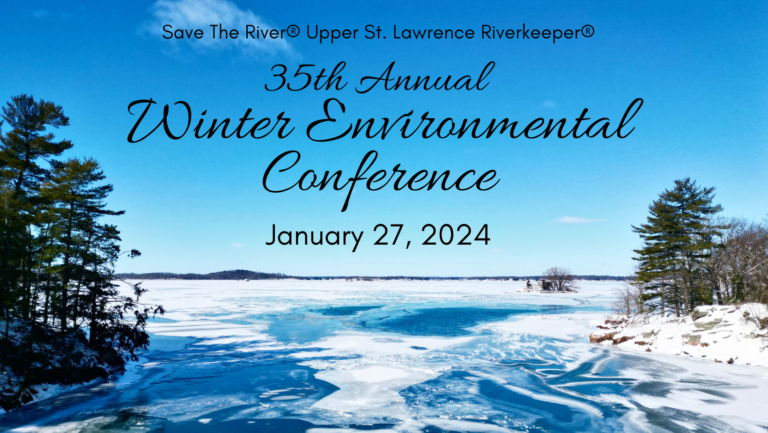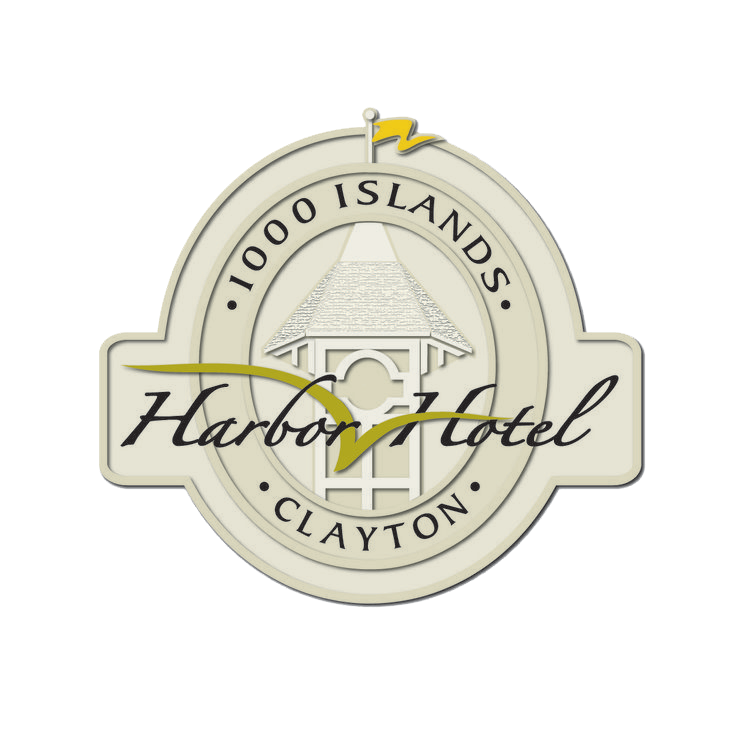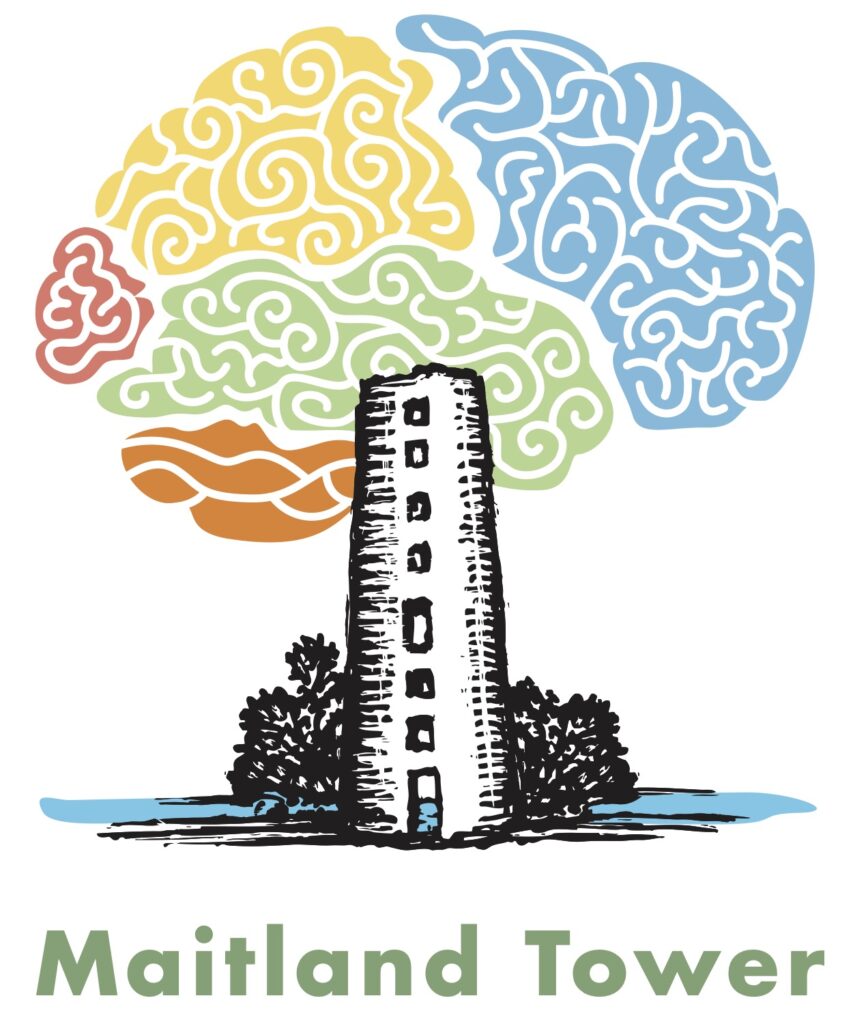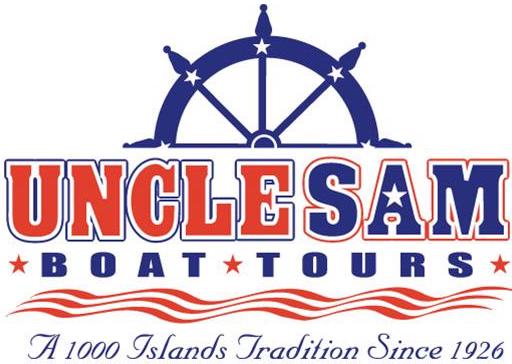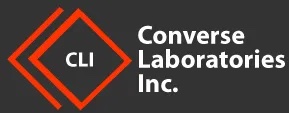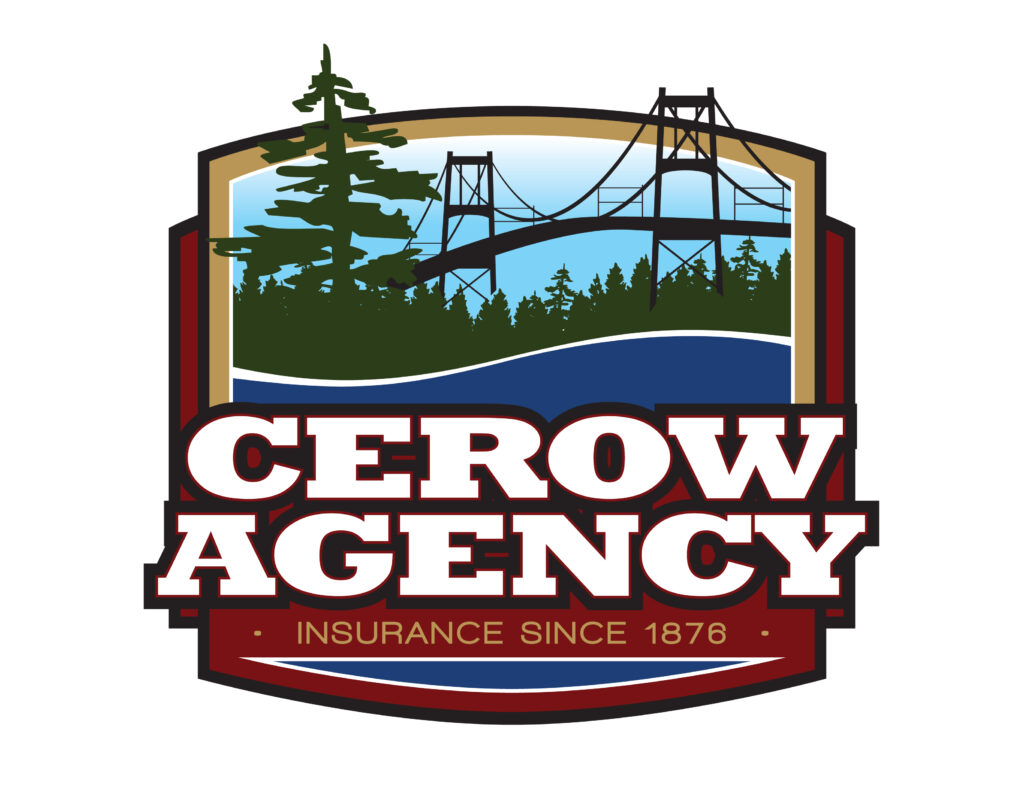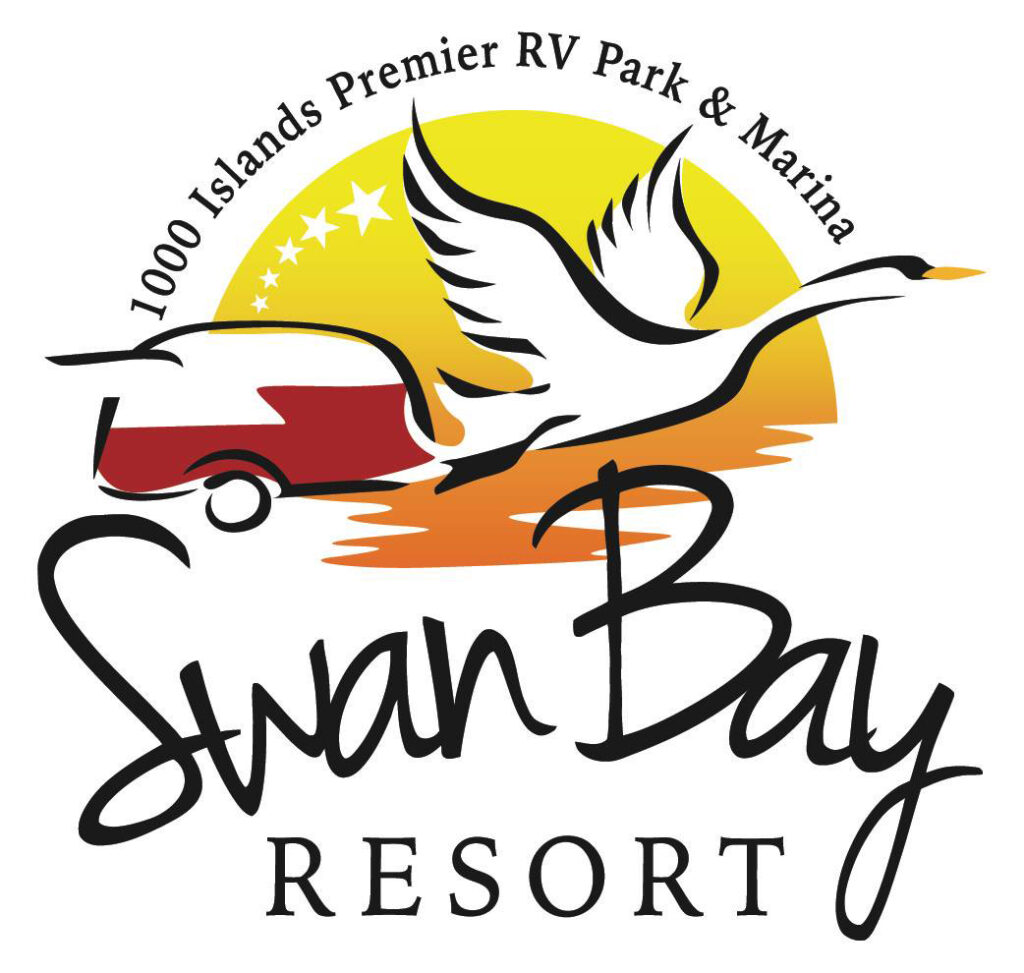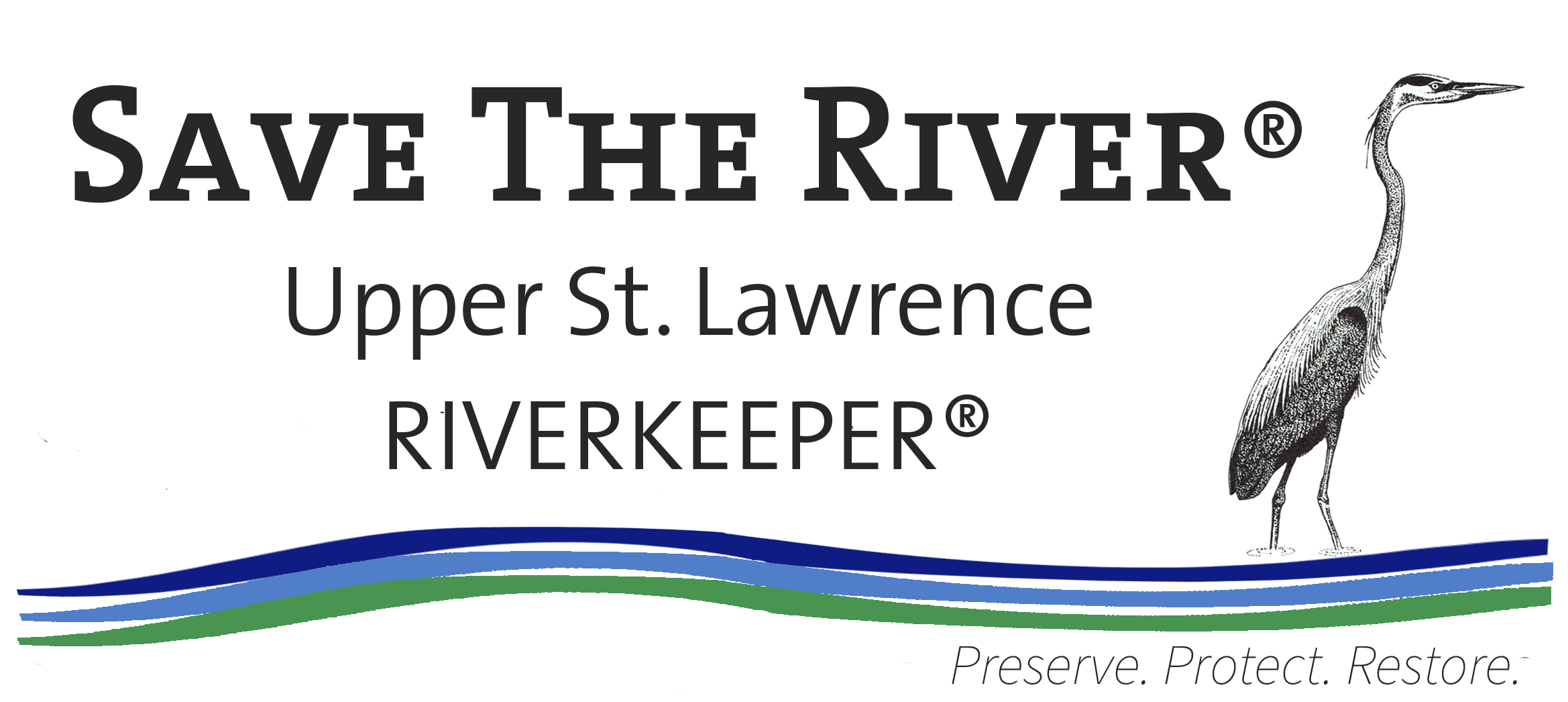
Save The River® Upper St. Lawrence Riverkeeper®
Save The River is a non-profit, member-based environmental organization whose mission is to preserve and protect the ecological integrity of the Upper St. Lawrence River through advocacy, education and research.
2024 Speakers
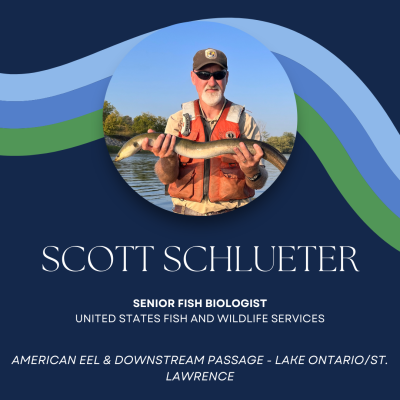
Scott Schlueter is a Senior Fish Biologist at the United States Fish and Wildlife Service’s New York Field Office. He also serves as the Program Manager for the Fish Enhancement, Mitigation, and Research Fund, resulting from a hydropower relicensing settlement with the New York Power Authority. He began his fisheries work on the river in 1995 and has been a Federal biologist for 25 years.
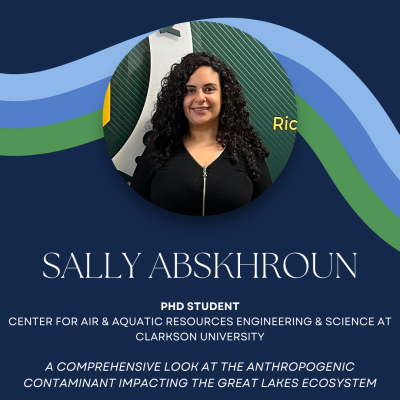
Sally Abskhroun, earned both her Bachelor’s and Master’s of Science degrees from Jordan University of Science and Technology where she was ranked first in her class. She is currently a Ph.D. student studying chemistry at Clarkson University’s Center for Air and Aquatic Resource Engineering Science. Her research focuses on the comprehensive analysis of halogenated contaminants in complex environmental matrices such as fish tissues, soils, and air filters using state-of-the-art 2-dimensional gas chromatography. Sally’s research includes working with the Great Lakes Fish Monitoring and Surveillance Program (GLFMSP), which monitors the quality of the Great Lakes ecosystem. Upon the completion of her studies, Sally envisions returning to Jordan to establish an environmental research institution dedicated to addressing regional environmental challenges.
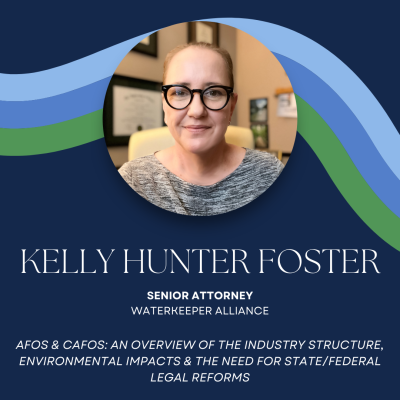
Kelly Hunter Foster is a legal and policy expert with more than 27 years of combined experience in government and nonprofit sectors drafting, interpreting, and implementing environmental laws, including extensive legal, regulatory, technical, and policy expertise in the Clean Water Act; Concentrated Animal Feeding Operations (CAFOs) and Animal Feeding Operations (AFOs); and National Pollutant Discharge Elimination System permitting. Throughout her career, she has remained dedicated to serving the public and protecting the environment—first as an Assistant Attorney General and Chief of the Environmental Protection Unit in the Oklahoma Attorney General’s Office, and currently as Senior Attorney at Waterkeeper Alliance. In Oklahoma, among other accomplishments, she helped negotiate an agreement with Arkansas to protect a one-million-acre watershed against phosphorus pollution and helped Oklahoma agencies resolve surface water and groundwater pollution at multiple CAFOs. At Waterkeeper Alliance, she has provided support to more than 100 Waterkeeper groups across the U.S. and has engaged directly on diverse issues regarding CAFOs and AFOs nationally and in 11 states. Ms. Hunter Foster is frequently asked to consult or speak on the Clean Water Act, CAFOs, and AFOs, and her expertise has been relied upon, and is reflected in, major policy and legal developments.
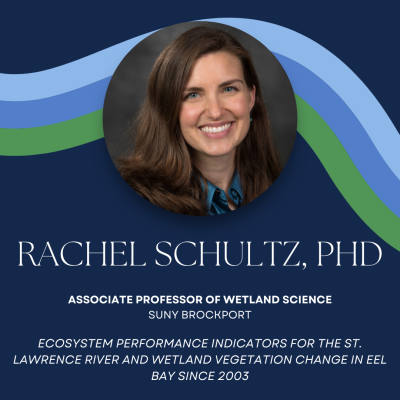
Rachel E. Schultz, Ph.D. is an Associate Professor of Wetland Science in the Environmental Science and Ecology Department at SUNY Brockport. She is broadly interested in how plant communities influence ecosystem functions and services in wetlands and studies wetland restoration and evaluates outcomes at multiple scales. Dr. Schultz received her B.S. in Environmental Studies with honors at Northland College in Ashland, WI, her Masters in Ecology from the Technical University of Munich in Germany, and her PhD from The Ohio State University. Currently her focus is on Great Lakes coastal wetlands, and she oversees monitoring and research on wetlands along Lake Ontario and Lake Erie. She is a member of the Great Lakes – St. Lawrence River Adaptive Management – Ecosystem Technical Team and has been involved with Phase 2 of the Plan 2014 expedited review. Her work has been featured in the news including the Chicago Tribune, and she has been a consultant for educational programs including “Green Planet” on BBC and “Plants are Cool, too”. Find out more about Dr. Schultz’s work here: https://schultzre.weebly.com/.
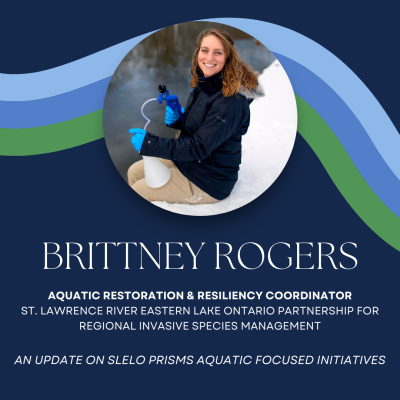
Brittney Rogers holds a Master of Science from the SUNY College of Environmental Science and Forestry. Brittney is leading efforts to protect aquatic priority conservation areas from the impacts of invasive species through early detection and rapid response efforts and is leading multiple initiatives to enhance the health of aquatic ecosystems in our region. Some of these efforts include overseeing the Aquatic and Riparian Restoration Initiative, focused on enhancing the health and function of select ecosystems in Eastern Lake Ontario, the SLELO PRISM environmental DNA program, designed to assist with early detection of AIS and the Watercraft Inspection Steward Program designed to prevent the spread of invasive species while educating the public on ways they can participate by taking action.
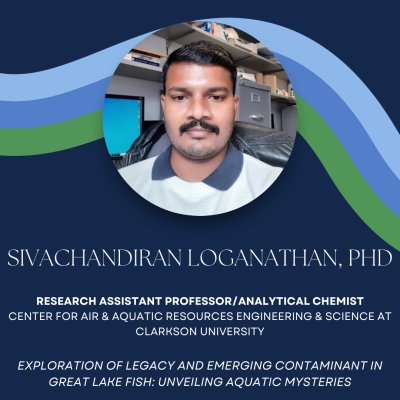
Sivachandiran is a lead person of EPA funded the Great Lakes Fish Monitoring and Surveillance Program to monitor the POPs, Hg, and PFAS in lake water, sediments, and fish tissues. His research is focused on emerging contaminant monitoring and removal from air and wastewater using non thermal plasma catalytic reactors. He has more than 10 years of research experience, and he has published over 30 articles and two book chapters in peer reviewed journals.
Before, he worked as a Research Assistant Professor at the Department of Chemistry, SRM institute of science and technology, Chennai, India. To date, his research has been funded by ANR (France) and SERB-DST (India). He is serving as an editorial board member of “Journal of Energy, Environmental & Chemical Engineering” and a guest editor of a journal “Molecules”.
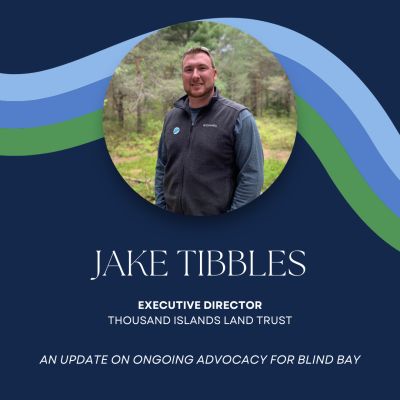
Jake Tibbles has worked for over 17 years to conserve and manage some of the most treasured landscapes in the Thousand Islands. Appointed Executive Director of the Thousand Islands Land Trust (TILT) in 2012, he’s overseen TILT’s Renewal of Accreditation by the Land Trust Alliance Accreditation Commission, and TILT’s growth in conserved lands, educational programming and staffing. Jake also sits on the New York Land Trust Alliance Advisory Board and recently served on the Board of American Friends of Canadian Land Trusts. A native of Northern New York, Jake has a life-long passion for the outdoors and a keen appreciation for the importance of the greater St. Lawrence River Valley.
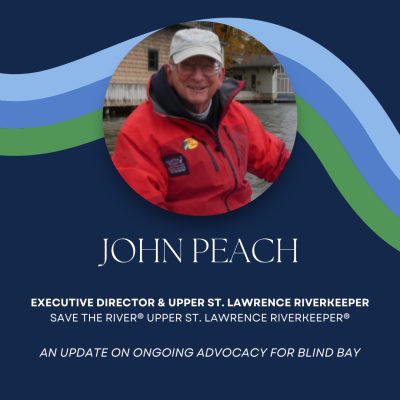
John was appointed to serve as Executive Director and Upper St. Lawrence Riverkeeper in August of 2018. John served on Save The River’s board from 2000-2018 in several key roles including as president from 2004-2007, on the executive committee, and most recently as treasurer leading the finance committee. He has been an active volunteer in Save The River’s Common Tern Monitoring program and shoal marking program and continues his work in these programs while serving as Executive Director. He has served on and chaired many not for profits active in the environment, education, arts and philanthropy. Prior to his retirement several years ago, John worked as an international business consultant in fields including arts, oceanographic research, environment, and pharmaceuticals. He and his wife Pat call Windward Cliffs in Clayton home for a significant portion of the year.
Sponsors
Conference Schedule
Registration & Coffee
9:30 am
Welcome & Opening Remarks
10:00 am
Intro by John Peach
10:05 am
Americal Eels by Scott Schlueter
10:20 am
Emerging Contaminants by Sally Abskhroun, PhD student
10:55 am
Concentrated Animal Feeding Operations by Kelly Foster
11:20 am
LUNCH
11:55 am
Friend of the River
1:00 pm
Indicators of Plan 2014 by Rachel Schultz, PhD
1:15 pm
Dan Tack Annual Muskellunge Catch & Release
2:05 pm
BREAK
2:15 pm
Aquatic Invasive Species and eDNA by Brittney Rogers
2:45 pm
Emerging Contaminants by Sivachandiran Loganathan, PhD
3:20 pm
Update on Blind Bay by Jake Tibbles & John Peach
3:45 pm
Closing
4:15 pm
